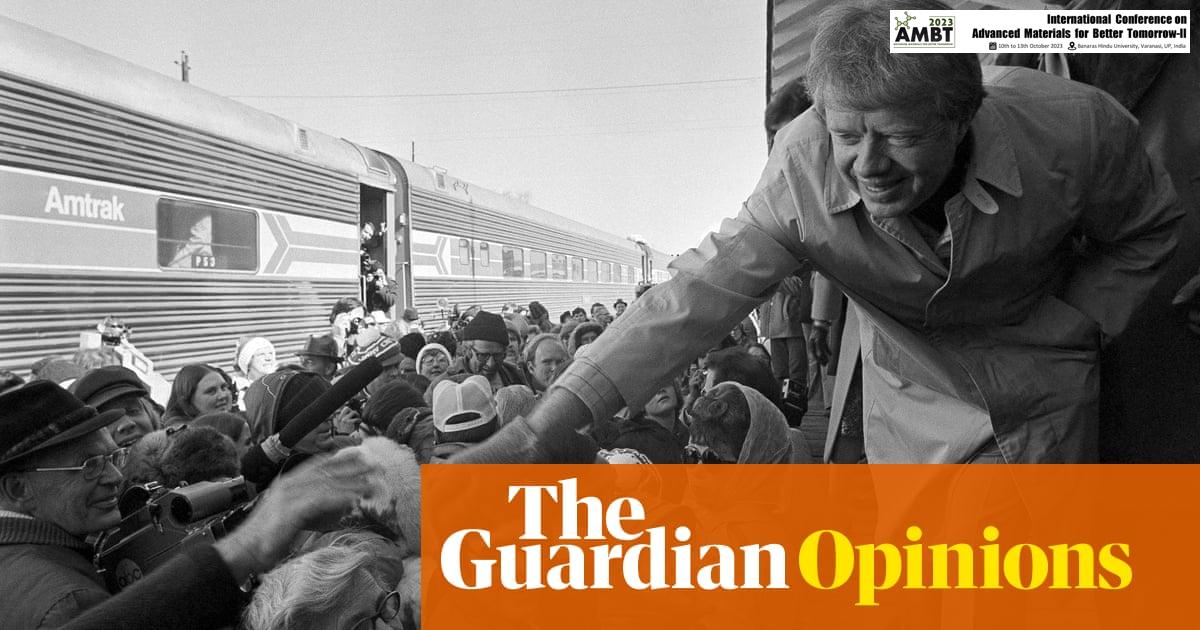Former President Jimmy Carter, who served as the 39th president of the United States from 1977 to 1981, passed away at the remarkable age of 100. His journey through life is one that has inspired many across the globe, marked by a deep commitment to peace, humanitarian efforts, and moral leadership. Although he faced significant challenges during his presidency, including an oil crisis and the Iran hostage crisis, his post-presidential years were defined by tireless work to make the world a better place.
Remembering His Presidency
Carter’s term as president was filled with ups and downs. He was known for his diplomatic efforts, including the significant Camp David Accords, which brought together leaders of Israel and Egypt to negotiate lasting peace. Despite facing tough economic situations, including high inflation and a struggling economy, Carter remained hopeful and always advocated for human rights on the international stage. His efforts earned him the Nobel Peace Prize in 2002, recognizing his lifelong dedication to humanitarian causes.
A Humanitarian After Office
After his presidency ended, Carter did not retire quietly. Instead, he dedicated himself to humanitarian work, focusing on various issues such as poverty, education, and disease eradication. He has worked with local and international organizations, including Habitat for Humanity and the Carter Center, ensuring that his legacy goes far beyond his time in office. His initiative in eradicating diseases like Guinea worm disease showcases his commitment to improving global health.
Tributes Pour in Worldwide
Following the news of his passing, tributes poured in from around the globe. People from all walks of life have been sharing their memories and stories about how Carter’s actions positively impacted their lives. A moment of silence was observed at many state capitols, and organizations inspired by his work have vowed to continue his mission of peace and compassion. His beloved hometown of Plains, Georgia, holds a special place in history for being the site of many significant moments in his life.
Carter’s Personal Life
Born on October 1, 1924, in Plains, Georgia, Carter led a humble life before stepping into the political arena. As a former peanut farmer and Navy veteran, he understood the essence of hard work and service to the community. He married his childhood friend, Rosalynn Smith, in 1946, and they shared a loving partnership that lasted over 77 years. Their bond was a beautiful model of friendship and support throughout the tumultuous times of politics.
Funeral Services Celebrating a Remarkable Life
To honor his incredible legacy, a six-day funeral service will be held to celebrate Carter’s life. The services will kick off in Americus, Georgia, on January 4, where the public is invited to pay their respects. Carter’s remains will then travel through his hometown and on to Atlanta before a final ceremony at the U.S. Capitol in Washington, D.C. Following the public memorials, a private burial will take place in Plains. These events not only commemorate Carter’s life but also serve as a reminder of his profound impact on community and global levels.
| Key Achievements | Year |
|---|---|
| Served as the 39th U.S. President | 1977-1981 |
| Negotiated the Camp David Accords | 1978 |
| Received Nobel Peace Prize | 2002 |
| Dedicated years to humanitarian work | Post-Presidency |
Jimmy Carter’s legacy will continue to inspire future generations to pursue peace and show compassion towards others. His life’s work reminds us that one person can make a significant difference, both at home and globally.

